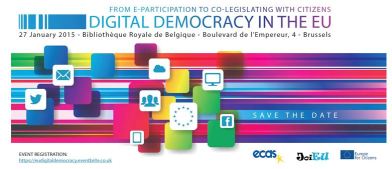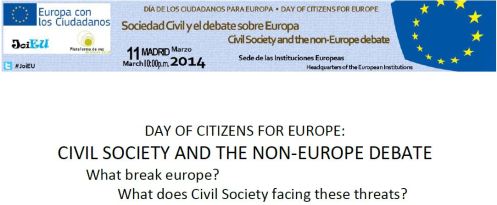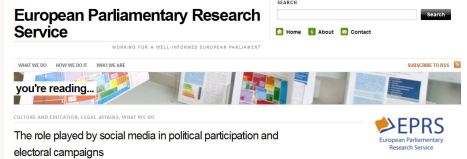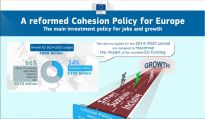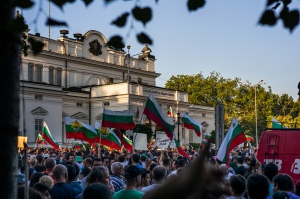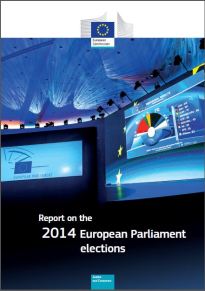 JoiEU became one of only three citizen projects specifically mentioned as positive examples of citizen action in the Report on the 2014 European Parliament elections, a Communication from the Commission to the European Parliament, the Council, the European Economic and Social Committee and the Committee of the Regions
JoiEU became one of only three citizen projects specifically mentioned as positive examples of citizen action in the Report on the 2014 European Parliament elections, a Communication from the Commission to the European Parliament, the Council, the European Economic and Social Committee and the Committee of the Regions
The Report on European Parliament Elections says:
“Civil society organisations were actively involved in efforts to mobilise voters, e.g. they informed citizens about the importance and benefit of participating in the European elections they made e-tools available to help voters select a candidate matching their preferences or worked towards more inclusive policies to ensure access for persons with disabilities…Examples of NGO projects funded by the Programme Europe for Citizens Enabling EU citizens to reflect on, discuss, exchange on European issues, including with candidates, and make an informed choice in the elections:
JoiEU: Joint Citizen Action for a Stronger, Citizen-friendly Union (European Citizen Action service – ECAS)”.
Honestly, being noticed at this level is a bit of a surprise, but also a great honor and a challenge. I want to thank all our partners for making JoiEU a success. We’ve raised the bar, next time we have to be even better!
Petko Georgiev, Chairman of ProInfo, the leading organization of JoiEU
While JoiEU project activities ended in January 2015 with the Brussels Conference on Digital Democracy, many JoiEU partners have continued their work together for active citizen participation in Europe in the U-Impact joint policy initiative. Follow us also also on Twitter, Facebook and YouTube!
